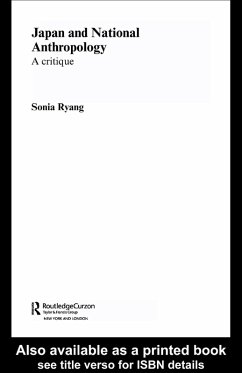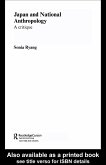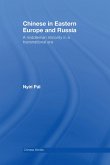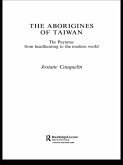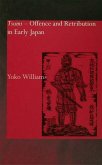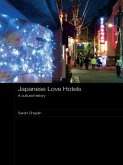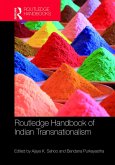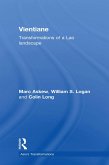In an attempt to move away from theoretical trends which identify Japanese cultural boundaries with Japan's nation-state boundaries, consequentially portraying the country as racially homogenous and culturally unique, Ryang examines:
* How wartime enemy studies shaped the direction of post war anthropology
* The historical effects and significance of "Chrysanthemum and the Sword"
* Key texts from the Anthropology enquiry that started within the US military occupation of Japan (1945-1952)
* Japanese kinship and its relationship to the study of Japan as a nation
* The origins and development of the Japanese self.
This book will be welcomed by all students of Japanese Anthropology and Japanese history. Its historical breadth and criticism of existing approaches provides a fresh and reasoned insight into the development and future of anthropology in Japan.
Dieser Download kann aus rechtlichen Gründen nur mit Rechnungsadresse in A, B, BG, CY, CZ, D, DK, EW, E, FIN, F, GR, HR, H, IRL, I, LT, L, LR, M, NL, PL, P, R, S, SLO, SK ausgeliefert werden.

